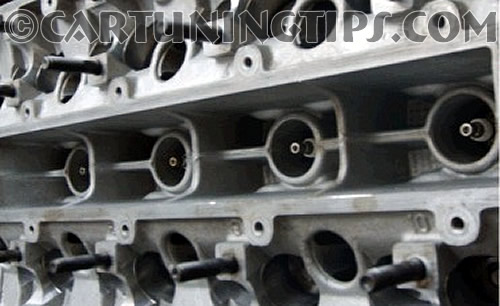Modern diesel engines are worlds apart from those smelly noisy diesels of times passed. Today there is quite a stigma attached to the diesel engine and as aresult many dismiss them.
The diesel engines are now very refined with notable offerings from Peugeot, BMW, Audi and jaguar and these offer petrol matching levels of performance with great fuel economy.
The way a diesel engine works, by detonating the fuel air mix by compressing it. Pressure equals heat and heat equals combustion when it reaches a specific threshold. This causes the fuel to be efficiently burned, much more so than with a conventional petrol engine which is why disels are so economical. As a consequence of this method of combustion diesel burns much more slowly than petrol which is why you do not see the same high rpm ranges. This gives diesels their characteristic flat near linear torque curve.
Sadly particulate filters are a necessary evil and help to reduce the emissions in the exhaust. With modern high pressue fuel injection systems a very precise charge of fuel can be delivered directly into the cylinder which helps to keep the power high and emissions low. There are also many other innovations in modern diesel engines such as fuel warming and extreme high pressure injection rails ensuring that diesel is to be taken seriously. So what diesel tuning options are there?

Physical modifications to the head such as port matching, gas flowing and to a lesser extent 3 angle valve jobs do not have much of an effect although we can’t discount them completely. You should note that there is little that can be done tune up a naturally aspirated diesel engine but should you be lucky enough to have a modern (post 2001) Turbo diesel engine you have a very tunable engine indeed.
Modern Turbo diesels are a lot more refined and have plenty of scope for tuning. Modern engines should be able to be remapped. The computer (or ECU) contain teh fuel and ignition map which controls many aspects of the engine from fuelling to boost pressure.
Remaps effectively force more air and fuel into the engine by controlling the turbo wastegate and injectors, and this can net a power gain of around 30%. Most diesel cars that have been remapped enjoy greater fuel economy plus silly levels of torque.
This all sounds very good but are there any downsides? By working the car harder you have a lower margin of error such as that introduced by poor quality fuel and need to service the car more regularly. We also recommend changing the oil every 6 months using a good quality oil.
Some cars with high mileages and weak clutches may experience a slipping clutch. Generally replacing the clutch and ditching a DMF flywheel are sensible options to anyone tuning a car but most clutches will be fine.
Another substantial difference that can be made to diesel engines is with the addition of nitrous oxide injection. As this combusts it provides additional oxygen allowing more fuel to be burned.
Tuning diesels is not particularly popular so there are not many performance parrts offered butt his is a changing situation. Especially with the introduction of high performance diesel engines. If you are serious about extracting the maximum performance from your Diesel engine then other mods should include an uprated intercooler a high flow panel air filter and you could fit a larger capacity turbo to extract a little more power from the engine.
It is a good suggestion to improve the cars braking and handling whenever increasing the power.
